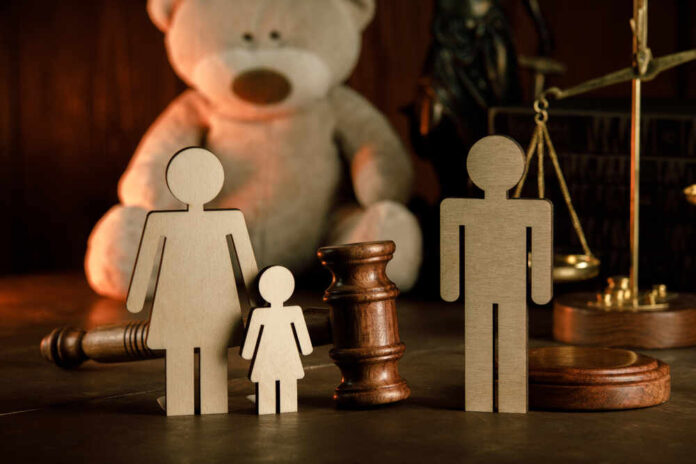
Jessica Bates, a widowed Oregon mom of five, is embroiled in a legal tussle that strikes at the heart of First Amendment rights and religious freedom. Bates aimed to adopt a sibling pair, a calling she believed came from God. Yet, her adoption application was halted because she refused to affirm potential adoptive children’s gender transitions due to her Christian faith.
Bates described her surprise during her application process: “I think everybody was just really shocked at first that, you know, gender ideology would be the reason why we wouldn’t be able to adopt.” Bates has teamed up with Alliance Defending Freedom (ADF) and filed a federal lawsuit against Oregon, challenging a 2018 law that seems to put an ideological litmus test on adoption.
Jessica Bates felt called by the Lord to adopt children from foster care. She began the process, only to be denied eligibility because she disagreed with Oregon's gender ideology.
Oregon is discriminating against people of faith and denying kids a loving home. We're suing. pic.twitter.com/j7lopGMkbd
— Alliance Defending Freedom (@ADFLegal) August 17, 2023
Johannes Widmalm-Delphonse, the ADF attorney representing Bates, expressed hope for the case’s outcome, citing previous Supreme Court decisions applicable to the case. He stated, “This sort of policy makes little sense when foster children are sleeping in hotel rooms.”
Indeed, at a time when children in Oregon’s foster care system desperately need loving homes, the state’s restrictive adoption rule appears not only ideological but deeply impractical. Bates noted the urgency for her biological children, explaining, “By the court waiting on this decision or not allowing us to continue, it would directly affect our ability to support and give the best possible environment to these children.”
Oregon’s Department of Human Services (DHS) claims that adoptive parents must be “capable of and willing to place the interests of the child above their own.” However, this reasoning raises questions. If Bates is willing to provide a loving, stable home, why does her refusal to affirm a child’s potential gender transition make her unsuitable?
According to Bates, supporting a child through gender transitions is akin to “denying reality” and her Christian faith. She argues that affirming children in something they think will make them happy, especially radical procedures, could do more long-term harm than good. “Girls lose their voice. It’ll go deep and you don’t get that back, not to mention reproductive abilities, and everything else. I think it does more harm in the long run,” Bates said.
The DHS policy rule on adoption was established in 2018 following a state audit that claimed children had painful experiences when their identities were not embraced. Yet, the very concept of identity has become an ideological battleground. At what point does the state’s notion of identity and well-being override a parent’s First Amendment rights?
Thomas Castelli, a Department of Justice attorney for Oregon, argued, “There’s no constitutional right to be a foster parent.” While this may be legally true, the underlying issue is whether Oregon is overreaching by imposing its ideological viewpoint on the fundamental societal process of adoption.
The state argues that its policy simply requires “acceptance, respect and support.” But Bates believes God gives people their gender, stating that anything to the contrary is “basically just an untruth.” So, is Oregon’s policy genuinely unbiased, or does it tilt the scales against those with religious beliefs government officials refuse to tolerate?
The case brings forth an essential clash between religious freedom and state-imposed ideology. With the U.S. District Court of Oregon yet to rule, the spotlight is on how America will navigate the intersection of state policies and religious freedom. Bates’ struggle is more than personal; it’s symbolic of broader cultural and constitutional questions the nation must address.



























